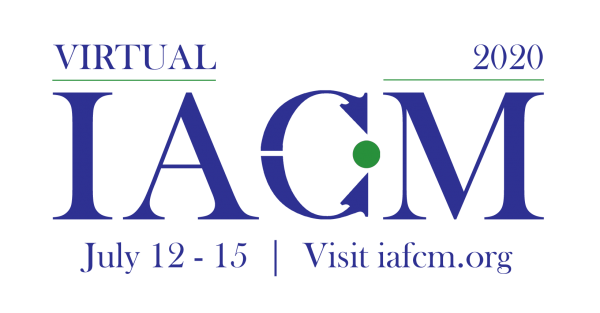Full Program »
Negotiating membership, self-structuring, activity coordination, and institutional positioning: A case study in organizational change and conflict using the Four Flow Model
The cruel irony behind change is that change is inventible; the only question is whether it is intentional, planned, controllable, timely, or delayed (Shore & Kupferberg, 2014, p. 277) Communication is generative (Putnam & McPhee, 2009), thus (re)producing and changing organization. Change is oft conceptualized on a continuum of oppositions such as planned-unplanned, controllable-uncontrollable, or timely-delayed, as in the case of the introductory quote. While organizational change may be planned or unplanned, planned organizational change primarily serves the purpose of management’s vision of organizational outcomes and requires the coordinated, negotiated activity of organizational members to implement (Miller, 2015; Miller, Johnson, & Grau, 1994). As management diffuses change through organizational interaction, conflict and resistance are likely responses resulting in change negotiation or failure (Raza & Standing, 2011). McKay, Kuntz, and Näswall (2013) argue that “employee resistance has been identified as a primary source of change implementation failure across a range of organizations and industries” (p. 29). Despite the extant research linking conflict to change failures, continued exploration of this phenomenon is needed at the micro-level to provide more robust theory-based explanations of change failure and develop practices of requisite complexity. The purpose of this paper is to explore organizational change and conflict as they are mutually constituted and negotiated in members’ communication. To do so, this paper examines management initiated change to educational space and technology by applying an organizational communication model, the Four Flows Model, to the membership negotiation, self-structuring, activity coordination, and institutional positioning of the committee tasked with the change process.
